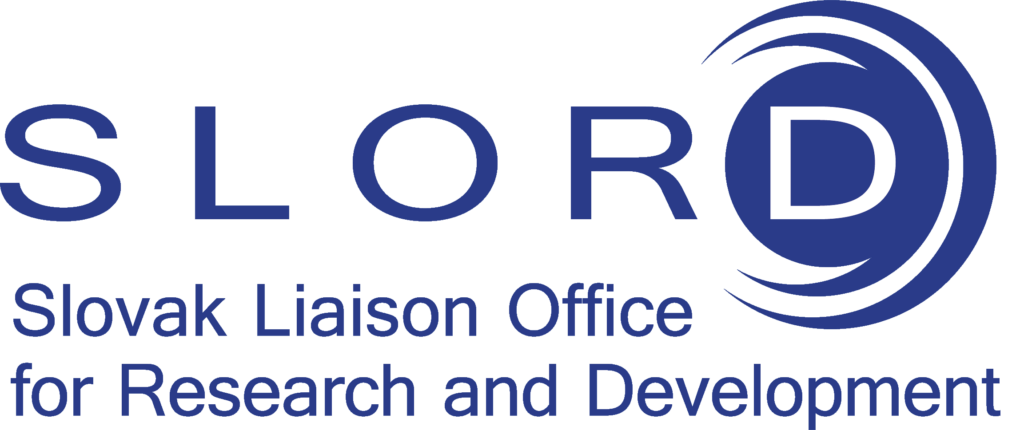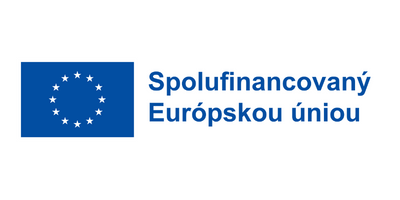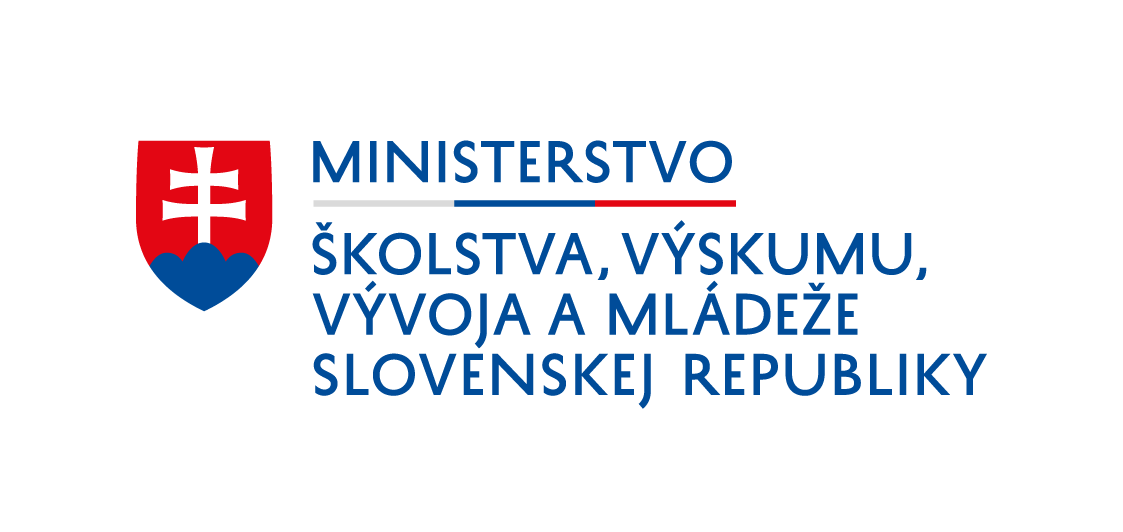
By 2030, these 17 initiatives aim to restore and protect soil health by:
- Creating a knowledge repository for soil research and innovation;
- Decreasing food processing waste and utilizing residues for testing organic soil improvers;
- Developing indicators for measuring soil biodiversity and ecosystem services;
- Providing tools to identify soil pollution sources and enhance cost-effective land management;
- Promoting carbon farming, methodology standardization, and certification for soil carbon accounting;
These projects will contribute to the objectives of the European Green Deal as part of the EU’s mission: ‚A Soil Deal for Europe‘. Most of the projects have already started. The projects will be managed by the European Research Executive Agency (REA). There are three projects within this EU Mission in which Slovak institutions are also involved.
1. Project CREDIBLE: Building momentum and trust to achieve credible soil carbon farming in the EU
Project CREDIBLE deals with building momentum and trust to achieve soil carbon farming in the EU. In addition to Slovakia, Italy, Belgium, Germany, France, Finland, Spain, the Netherlands, and Greece are also involved in this project. The total EU funding for this project amounts to €3,067,095.
Slovakia will be represented by the Bio-economy Cluster from the Nitra region. The aim of this organization is to promote cooperation, networking, innovation, and mutual exchange of information between the members of the cluster and other stakeholders in the agri-food and bio-based sectors.
CREDIBLE’s ambition is to support the European Commission and the Expert Group on Carbon Removal in the identification and upscale of solutions for soil carbon farming, by promoting the adoption of carbon farming practices in the European Union by fostering trust and momentum. This will be achieved through the establishment of a Network of Networks (NoN) that brings together various initiatives, projects, and stakeholders. The CREDIBLE initiative plans to organize annual European Carbon Farming Summits to facilitate transparent, open-access, multi-actor dialogues. These summits will serve as platforms for the NoN to engage with the broader stakeholder community and attract funding for long-term sustainability. The four specific objectives of the project include building and disseminating a practical toolbox for carbon farming, identifying options for standards and policy instruments, establishing a network for soil carbon data collection, and developing processes for conversations to upscale carbon farming.
2. Project ARAGORN- Achieving Remediation And GOverning Restoration of contaminated soils Now
Project ARAGORN addresses the urgent issue of soil contamination by proposing a comprehensive framework. This project unites several countries, including Norway, Belgium, Romania, Denmark, Slovenia, Italy, Czech Republic, France, Netherlands, Slovakia, and Sweden. Among the Slovak Research Organisations, Comenius University. The total funding for the project is €6,612,911.
This initiative begins with identifying contaminated sites and employs a decision-making tree to guide remediation and restoration strategies, aligning with the EU Soil Strategy. Grounded in scientific progress, the framework supports public and private land managers in effectively protecting, remediating, and restoring Europe’s polluted soils. ARAGORN enhances insights into contaminated sites by implementing fit-for-purpose mapping and monitoring tools covering a broad range of contaminants. It identifies neglected polluted sites using monitoring and decision strategies, facilitating a shift from regrettable to restorative remediation. It also aims to improve biodiversity knowledge and provide a step-by-step decision-making framework for resilient restoration in various European countries.
3. Project LOESS Literacy boost through an Operational Educational Ecosystem of Societal actors on Soil health
Project LOESS will focus on improving awareness of soil health issues and will receive €5 462 932,50 in funding.It brings together a group of countries including Austria, Belgium, Germany, Greece, Hungary, Ireland, Italy, Lithuania, Netherlands, Poland, Serbia, Slovakia, Spain, Sweden, Turkey, and the United Kingdom. From Slovakia, the University of Ss. Cyril and Methodius in Trnava is involved.
The LOESS initiative aims to enhance soil education across multiple educational levels in the European Union and Horizon Europe Associated Countries. It will assess current soil-related knowledge, develop teaching programs, and create an Atlas of Soil Education through engagement with Communities of Practice. LOESS will identify educational needs, co-create courses with virtual reality elements, and address global challenges. Activities will span 15 countries, offering hands-on experiences and employing pedagogical techniques. To bridge awareness gaps, LOESS will conduct campaigns, and events, and engage public authorities, providing recommendations for improved soil knowledge. The initiative emphasizes capacity building, knowledge exchange, and peer-to-peer learning.
More information:
Overview of the 17 new projects
Published on 04.10. 2023, slord



